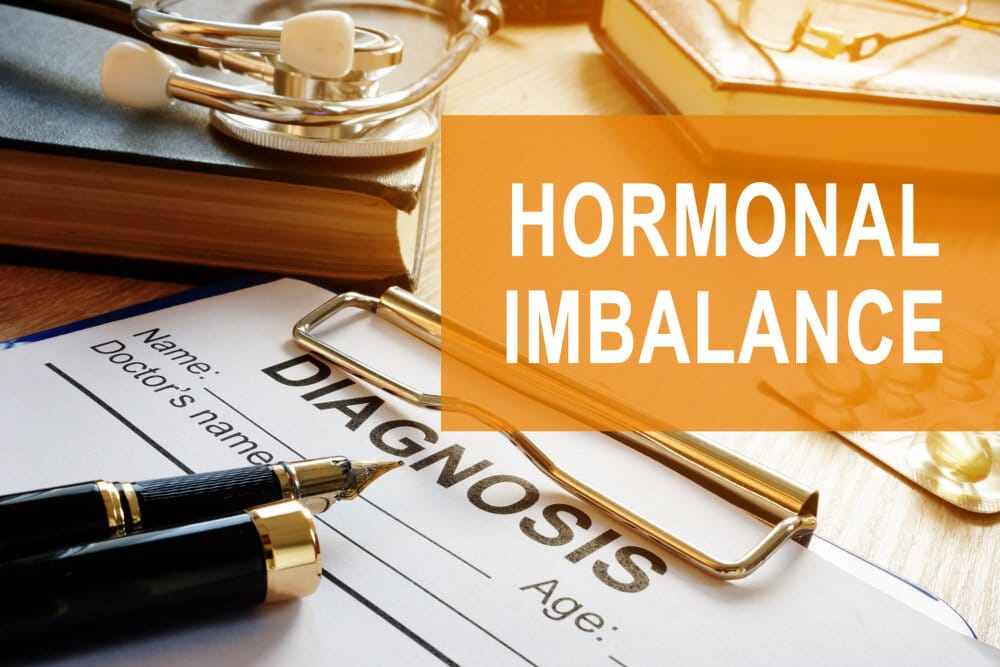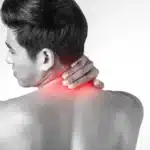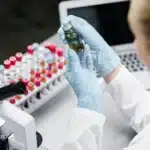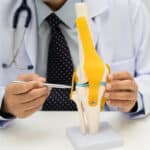
A variety of unpleasant symptoms, from fatigue or weight gain to itchy skin or low mood, may be blamed on hormonal imbalances.
Hormones are chemicals formed and released into the bloodstream by glands in the endocrine system. When there is too much or too little of a hormone, an imbalance exists. The hormones are essential to control various body functions, including metabolism, appetite, sleeping cycles, reproduction, and sexual health.
Mood Swings and Depression
In order to generate and activate neurotransmitters involved in mood and emotions, hormones are important. The ability of neurotransmitters such as serotonin, dopamine, and norepinephrine to regulate your mood and emotions is compromised by an excess of estrogen, testosterone, and progesterone. That’s why men and women over 50 sometimes feel one minute depressed and the next minute anxious. While mood swings reported by menopausal women and some men who go through andropause are not as severe as moodiness seen in people with bipolar disorder, for older adults seeking to understand why they have them, the frequent emotional ups and downs can be overwhelming and confusing.
Fatigue and Tiredness
You may suffer from hormonal imbalance and not a “touch of flu” if you have recently repeated this to your doctor. Popping antibiotic pills would not help with headaches and energy problems. Bioidentical hormone replacement therapy may help restore the balance of hormones responsible for metabolism maintenance, raise energy levels, and reduce headaches induced by deficiencies in estrogen and testosterone.
Vaginal Dryness and Libido Loss
Normally due to estrogen encouraging the development and release of fluids intended to preserve vaginal health and increase sexual pleasure, vaginal walls remain elastic and lubricated. Also, limited estrogen reduction may contribute to annoying vaginal dryness, increased risk of vaginal infections, and loss of women’s libido. For males, the direct effect of lower testosterone levels is decreased sexual desire. Furthermore, a lack of testosterone can make erections difficult for older men to achieve.
Foggy Brain
If you are a middle-aged man or a woman and you have encountered periods of disorganized, distracted thinking, difficulties focusing on a task, or have had trouble trying to verbalize your thoughts, you might just have experienced “brain fog.” It has been scientifically established that decreased estrogen and testosterone lead to “foggy” thinking, failure to concentrate, forgetfulness, and feeling like your thoughts can not be collected.

Heavy or Painful Periods
You may have fibroids if followed by other symptoms such as abdominal pain, excessive urination, lower back pain, constipation, and painful intercourse. Non-cancerous growths that form in or near the womb are fibroids. Although they are thought to be activated by estrogen, the exact cause is uncertain, although having a family history can also increase your risk.
Insomnia and Poor-Quality Sleep
The ovaries steadily generate fewer estrogen and progesterone during perimenopause and menopause, which encourages sleep. Falling levels of estrogen can also lead to night sweats that disturb your sleep, leading to exhaustion and lack of energy.
Skin Problems
Adult acne may be a sign of low estrogen and progesterone levels and elevated androgen hormone levels and may also be a sign of polycystic ovary syndrome. Similarly, while dry skin is a symptom of menopause or thyroid problems, hormonal imbalances during pregnancy or menopause can cause itchy skin.
Unexplained Weight Gain
A variety of hormone-related disorders, including underactive thyroid, can cause weight gain (when your thyroid gland does not produce enough metabolic thyroid hormones), polycystic ovary syndrome (PCOS) (a hormone-related issue that causes small ovarian cysts), and menopause (which results in hormonal changes that can make you more likely to gain weight around your abdomen).
Ask us at Oklahoma Spine & Pain Management for hormone therapy for your problems. In OKC, we will guide you to recover from this phase.
**Disclaimer: This content should not be considered medical advice and does not imply a doctor-patient relationship.






